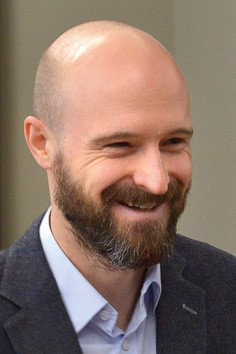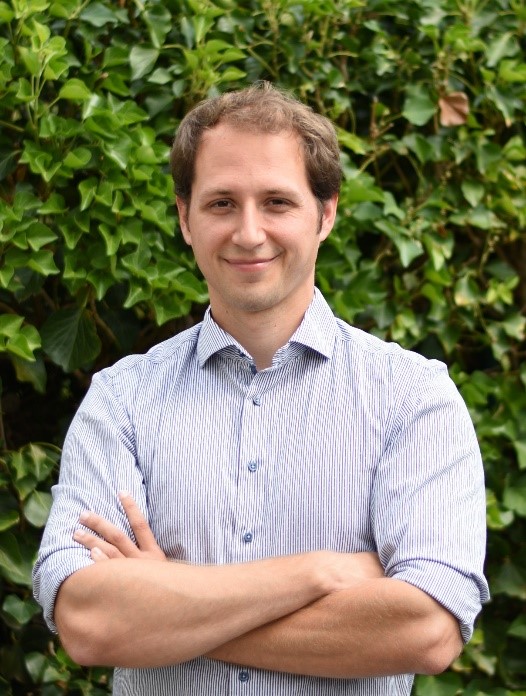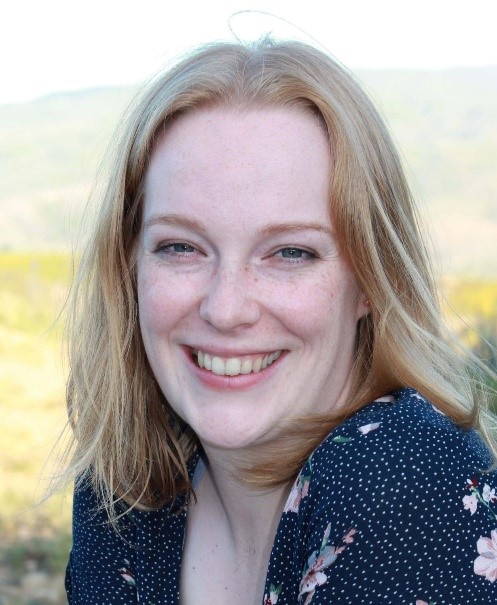
PHOTOMOL Summer school 2023
Molecular photosensitizers for solar energy conversion in the liquid phase: Theoretical and experimental methods to assess and optimize their properties
Dates:
Online: 26-30/06/2023 (21h)
Hybrid (online + in-person): 03-07/07/2023 (30h)
The goal of the summer school is to present theoretical and experimental methods to investigate molecular and supramolecular photosensitizers used in solar energy conversion applications. This concerns molecular photocatalysts for hydrogen production as well as transition metal complexes employed as photosensitizers in dye-sensitized solar cells.
Program of the school:
• Simulation of absorption and resonance Raman spectra in molecules
Abstract: The lecture focuses on the investigation of the initial photoexcitation in molecular photosensitizers using absorption and resonance Raman spectroscopies. The lecture aims to present the theoretical and computational methods used to simulate the spectra and to calculate the intensities using quantum chemistry approaches. Several examples will be described in order to illustrate the methods and in order to show how they can be employed for the interpretation of experimental data.
Plan:
Online: 5h
1. Harmonic oscillator, (2h).
2. Basis of quantum chemistry in a nutshell I (HF, DFT), (3h).
Hybrid (in-person+ online): 10h.
1. Harmonic vibrations in polyatomic molecules, scale factors, examples of calculations, (2h).
2. IR spectroscopy, normal Raman spectroscopy, examples of calculations, (2h).
3. Absorption spectroscopy, FC factors, example of calculations, (2h).
4. RR spectroscopy, example of calculations, (2h).
5. HT in absorption and RR, example of calculations, (2h).
• Computational Modelling of Electron and Energy Transfer. Processes in Solar Energy Conversion and Energy Storage
Abstract: The present lecture focuses on the quantum mechanical modelling of light-driven energy and electron transfer processes and their kinetics, e.g. from the excited photosensitizer to the catalytic active site in supramolecular photocatalysts. Additionally, insights with respect to the simulation of time-resolved spectroscopy – aiming to address competitive excited state relaxation pathways beyond the Franck-Condon point – will be given and advantages and drawbacks of state-of-the-art quantum chemical methods to assess such photophysical and photochemical processes will be introduced. Finally, conclusions with respect to the design and improvement of current photocatalysts and light-harvesting systems will be drawn based on theoretical modelling of the underlying processes.
Plan:
Online: 5h.
1. Basis of quantum chemistry in a nutshell II (ab initio, TDDFT), (5 h).
Hybrid (in-person+ online): 10h.
1. Modelling the Franck-Condon photophysics and scalar-relativistic effects in supramolecular photocatalysts, (2 h).
2. Reaction coordinated in photochemistry, (2 h).
3. Non-adiabatic processes, light-driven electron and energy transfer, (2 h).
4. Tailoring the kinetics of competitive excited-state relaxation channels, (2 h).
5. Organic batteries and sustainable energy storage, (2 h).
• Steady-state and time-resolved experimental spectroscopic methods for the investigation of photoactive molecules.
Abstract: This lecture will focus on how different experimental spectroscopic techniques can be applied in the study of molecular photosensitisers. Steady-state and time-resolved methodologies can be utilised to gain specific pieces of information about a material. However, when such techniques are used in conjunction, they can provide additional insight, leading to a greater understanding of the overall behaviour of the material. The basic theory behind a range of spectroscopic techniques and the molecular information that they provide will be covered. In addition, their practical implementation, including the optical set-ups, sample preparation, as well as data collection, interpretation and comparison with theoretical findings, will be considered. Techniques covered will include electronic and vibrational spectroscopic methods, in both steady state and time-resolved variations, such as absorption, emission, infrared and Raman spectroscopies.
Plan:
Online: 5h.
Hybrid (in-person+ online): 10h.
• Computational fluid phase thermodynamics: The COSMO-RS approach
Abstract:
The accurate prediction of physico-chemical properties such as solubilities, partition coefficients and phase diagrams is of great importance for a plethora of problems in chemical and pharmaceutical industries. This lecture covers the computation of these properties from first principles. Starting from quantum chemical simulations of individual compounds with DFT and the Conductor-like Screening Model (COSMO), the COSMO-RS approach (COSMO for Real Solvents) describes molecules in solution as pairs of contacting surface segments. This innovative representation allows to derive relevant properties of solutions and mixtures using statistical thermodynamics. Industry-relevant application scenarios will be discussed and predicted results will be compared to experimental measurements.
Plan:
Online: 6h.
1. COSMO solvation model (2h).
2. Thermodynamic fluid property prediction with COSMO-RS (2h).
3. Applications of COSMO-RS (2h).







